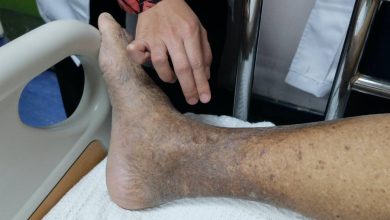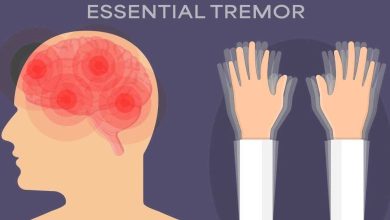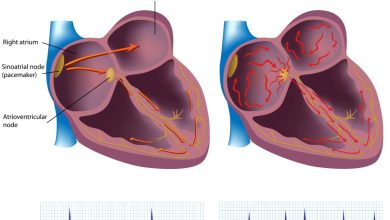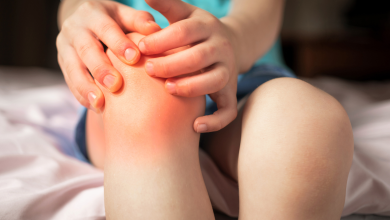Health A - ZS
Sinus Headache Causes, Symptoms, Diagnosis and Treatment
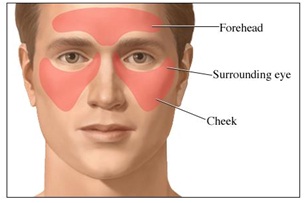
What Is Sinus Headache?
Sinus headache are an uncommon type of headache caused by inflamed sinuses (sinusitis).
They are felt as a dull, throbbing pain in the upper face.
Causes Of Sinus Headache:
Sinus headaches are usually associated with migraines or other forms of headaches.
Sinus headaches are associated with pain and pressure in the face and sinuses and can cause nasal symptoms.
These factors increase the probability of developing sinus headaches:
- A previous history of migraines or headaches
- A family history of migraines or headaches
- Hormonal changes associated with headaches
Symptom Of Sinus Headache:
Signs and symptoms may include the following:
- Pain, pressure and fullness in your cheeks, brow or forehead
- Worsening pain if you bend forward or lie down
- Stuffy nose
- Fatigue
- Achy feeling in your upper teeth
Diagnosis Of Sinus Headaches:
The following tests help in diagnosing sinus headaches:
- CT scans
- MRI
Treatment Of Sinus Headaches:
The following medications are recommended in order to treat sinus headaches:
- Over-the-counter pain relievers.
- acetaminophen (Tylenol, others),
- naproxen sodium (Aleve)
- Ibuprofen (Advil, Motrin IB).
- sumatriptan (Imitrex),
- rizatriptan (Maxalt),
- almotriptan (Axert),
- naratriptan (Amerge),
- zolmitriptan (Zomig),
- frovatriptan (Frova)
- Eletriptan (Relpax).
- Anti-nausea medications.
- chlorpromazine,
- metoclopramide (Reglan)
- Prochlorperazine (Compro).
- Glucocorticoids (dexamethasone).
- Ergots
By : Natural Health News

